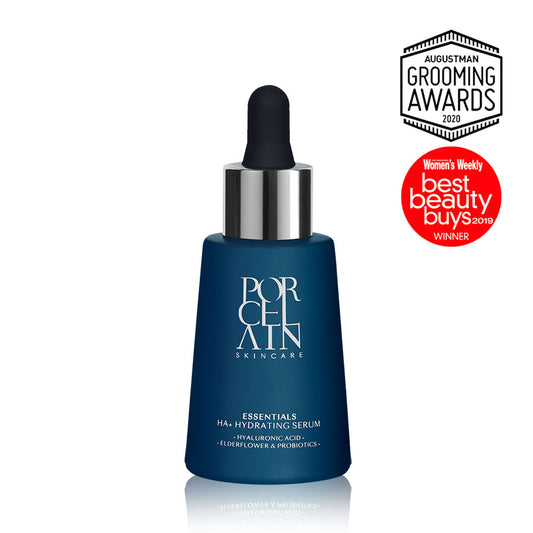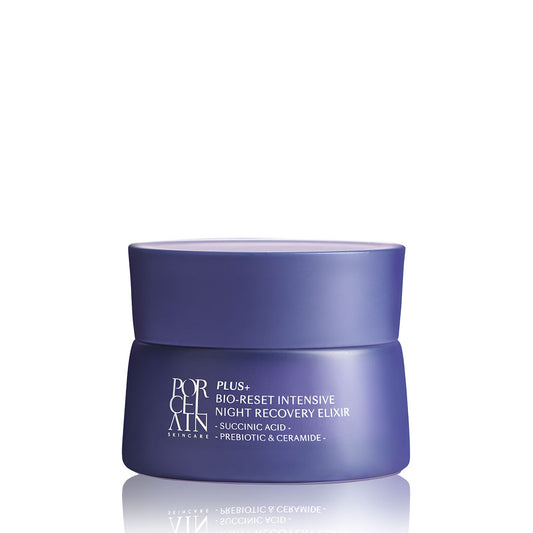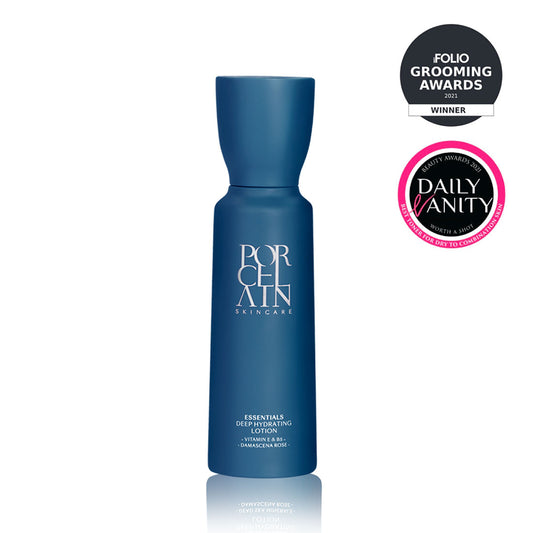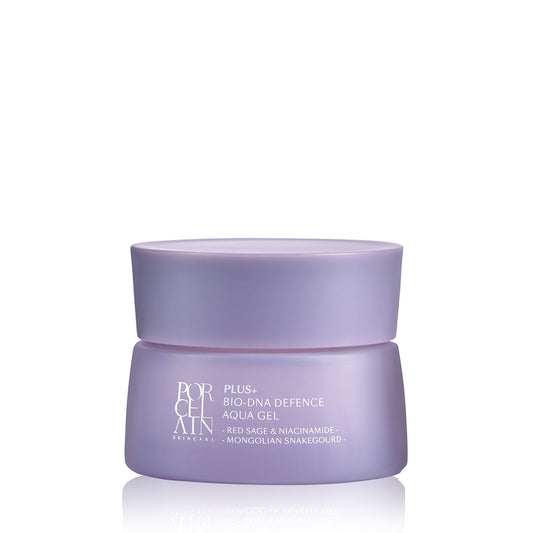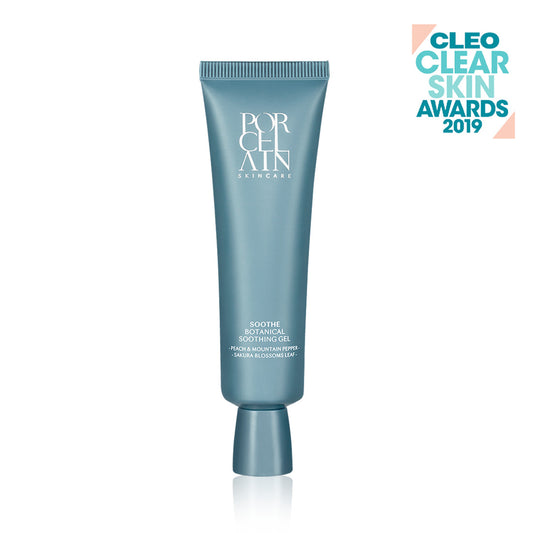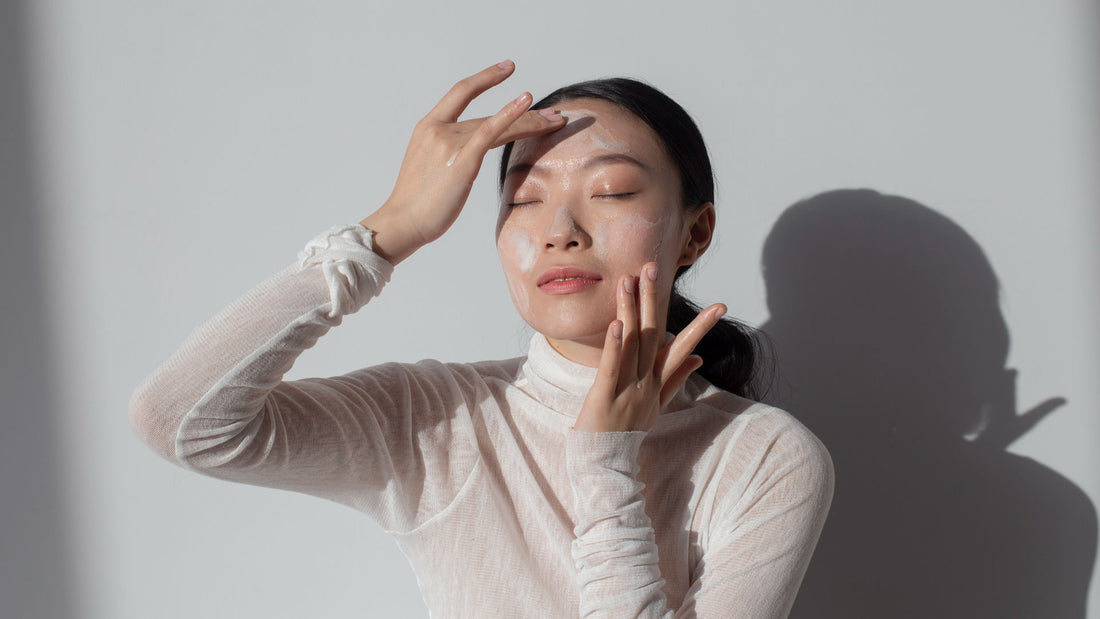If you find that your skin is thin, turns red, gets irritated, swells, flakes, and suffers from blemishes easily, you likely have sensitive skin. By understanding your skin better, you will know what ingredients and treatments to go for and avoid. Read on to find out how to care for sensitive skin in humid climates!
Types & Causes of Sensitive Skin
Most sensitive skin types fall under four categories: Rosacea, Acne, Burning & Stinging and Contact Dermatitis which includes Allergies and Irritants. Our recommendations below are meant for general skin irritations. More severe conditions like Rosacea and Eczema usually require oral prescriptions.
Common Causes of Sensitive Skin
Acne can be caused by hormones and/or genetics. Usually, they form because of a combination of excessive sebum production and high levels of P.acnes bacteria. Apart from hormonal fluctuations and genetics, using the wrong skincare products and/or lack of proper cleansing can increase breakouts. These congest pores, leading to whiteheads and blackheads. When P.acnes bacteria infect them, pimples and acne form, causing inflamed, painful and sensitive skin.
Rosacea is a chronic sensitive condition and may be caused by genetics, vascular instability and sun exposure. People with this condition experience pimples, flushing, broken vessels on the face and uneven skin.
Burning & Stinging can be caused by a myriad of irritants, the most common of which being AHAs, Vitamin C, Glycolic Acid, Lactic Acid, Azaelic Acid and Benzoic Acid. Its actual cause has not yet been determined and triggers differ from person to person. E.g. Person A may react to Glycolic Acid but not to Lactic Acid and Person B may react to both.
Contact Dermatitis can be caused by either irritants or allergies. The latter may be caused by environmental or dietary factors, and/or topical ingredients. Allergens can cause increased redness, swelling, burning and itching, amongst others. Irritants may include chemicals, body fluids, environmental factors and mechanical factors, e.g. friction and pressure.
Active Ingredients & Their Concentrations
Government regulations dictate that product ingredients must be listed in descending order of concentration. For ingredients with less than 1% concentration, they can be listed in any order. Hence, we can see that most products have Aqua or Water listed as their first ingredient.
Active ingredients account for products’ benefits. For example, a proper sunscreen should contain an appropriate amount of Zinc or Titanium Dioxide. We don’t need active ingredients to be listed as the first or second on the list as they aren’t usually needed in high concentrations to be effective. But also ensure it’s not listed as the last few ingredients! A product claiming to be an antioxidant, for example, should not have L-ascorbic Acid at the end of the list.
Parabens Or Not
There has been debate over the past decade on whether parabens are bad. Parabens, in the forms of Methylparaben, Propylparaben, Ethylparaben and Butylparaben, are widely used in all cosmetic products as preservatives. They prevent the growth of microbes and/or bacteria to extend our cosmetic products’ shelf lives beyond 2 months. They also keep products safe for use, without having to worry about potential infections.
Alternatives like DMDM Hydantoin have been offered, but in some formulations, parabens remain more effective alternatives. Hence, they’re probably still here to stay for a while.
“All Natural” Claims
There is no firm regulation that dictates what “natural” means. Neither are there rules on the percentage of ingredients that has to come from natural sources for it be labelled as such. Many products claim to be natural although it contains only one or two such ingredients. Some “natural” ingredients constitute only a small percentage of the actual product makeup.
Did you know? Natural products may contain chemical substances too. Although they aren’t necessarily all bad, read the ingredient list carefully to ensure they do not use any chemical additives. These products tend to have a much shorter shelf life too.
Organic Claims
Likewise, there is no firm regulation for products claiming to be “organic”. Even if the product has a minute percentage of an organic ingredient, it can claim to be an “organic” product.
Marketing Terms & Techniques You Should Know
Terms such as Hypo-Allergenic, Dermatologically Tested, Allergy Screened and Fragrance-Free are commonly found on many products’ labels. In reality, these terms are vague and unspecific. There are no known industry standards of measurement and no legal definition to them.
Are All Chemical Ingredients Bad?
Most compounds in their natural states cannot be formulated into skin care products for sensitive skin. They have to be chemically altered before they can be used. By enhancing these natural ingredients, they become more stable and safer for the skin. Moreover, advances of technology in cosmetic formulations have enabled formulators to create exciting new ingredients to benefit consumers.
Have you learnt more about how to care for your sensitive skin in humid climates yet?


